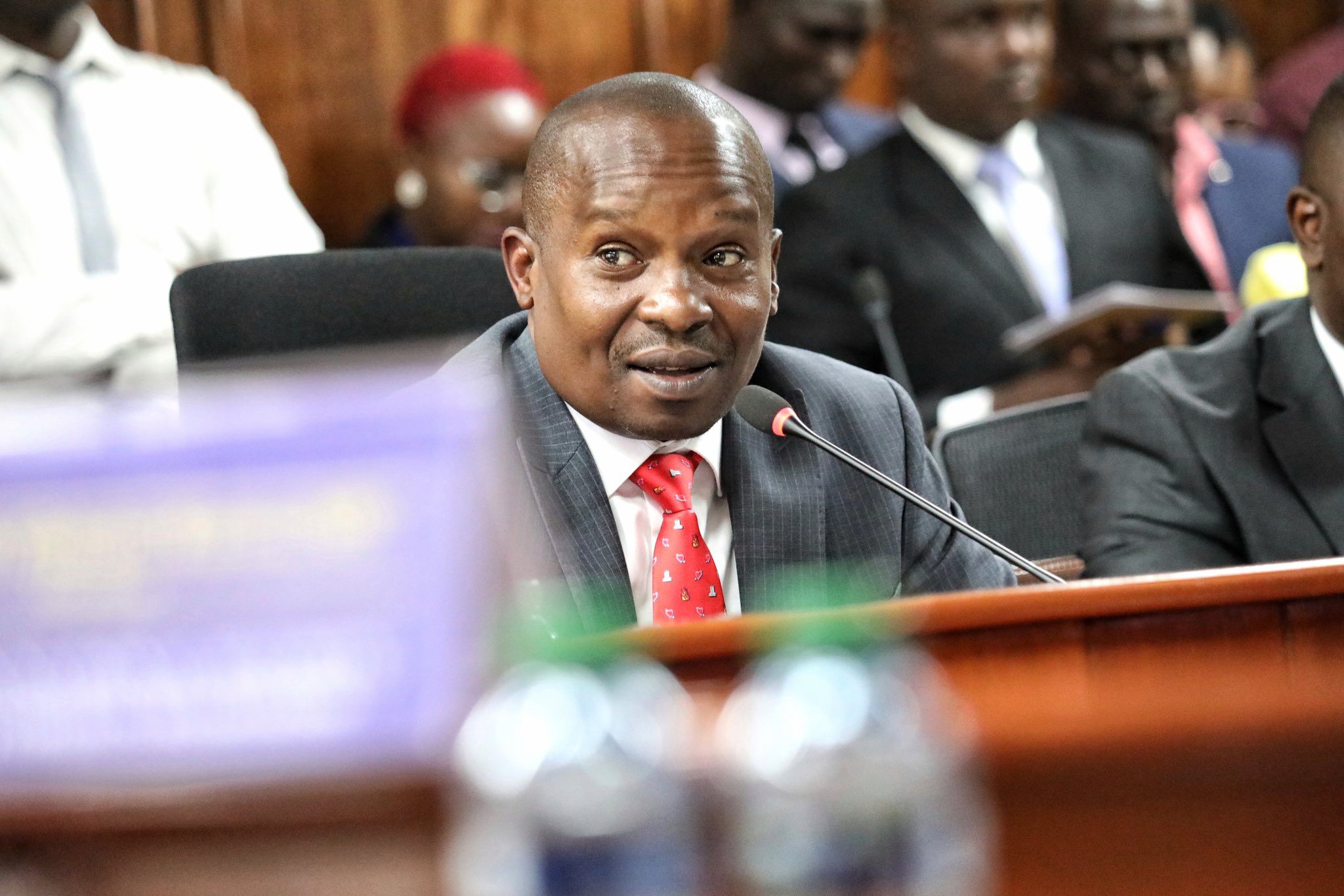By now, the majority of people who have access to news outlet announcements are aware of the situation in Nigeria.
Nigerians have been calling for the abolishment of the infamous and anti-robbery police force known as SARS. SARS was formed nearly three decades ago, and over the course of its operations, it has continuously received unfavourable response from the Nigerian people because of its alleged excessive use of force, rapes, murder, kidnap and other acts of felony.
The recent uproar has been focused on SARS and the youth, who claim grave treatment for showcasing any kind of flashy lifestyle.
Following a Twitter campaign that garnered millions of impressions on the social media platform, the Nigeria government announced it had disbanded SARS – but this a familiar trend because the force has actually been banned in the past, but with a different feel on the ground.
The disbandment has not stopped people from demoing in various Nigerian cities – with support from other parts of the world. The peaceful demonstrations have been met with police brutality, with social media images and videos capturing a very sad state of affairs akin to what happened in the US following the murder of George Floyd.
The publication of different accounts about the protest in broadcast and social media has seen the National Broadcasting Commission of Nigeria issue a reminder of rules on coverage of crises.
For instance, the Commission is reminding the people of Nigeria to use broadcast technologies in a manner that does not fuel the situation, or ‘adversely affect those emotionally involved.’
The Commission maintains that in reporting conflict situations, in this case, ENDSARS, a broadcaster is tasked to perform the role of a peace agent by adhering to the principle of responsibility, accuracy and neutrality.
“The broadcaster shall approach with restraints, the use of materials from user generated sources in order not to embarrass individuals, organizations, government or cause disaffection, incite to panic or rift society at large,” concludes the Commission.
The regulations, when read through a lens, are basically a gag order stopping Nigeria broadcast media from reporting what is happening in the state. Some footage published across different platforms has been shot by the same people pushing for change.
We have also seen some of the reputable international broadcast media use the same materials – but according to the broadcast enforcer, broadcasters ‘have a duty to promote the corporate existence of Nigeria, and the socio-economic well-being of the Nigeria State.’



















